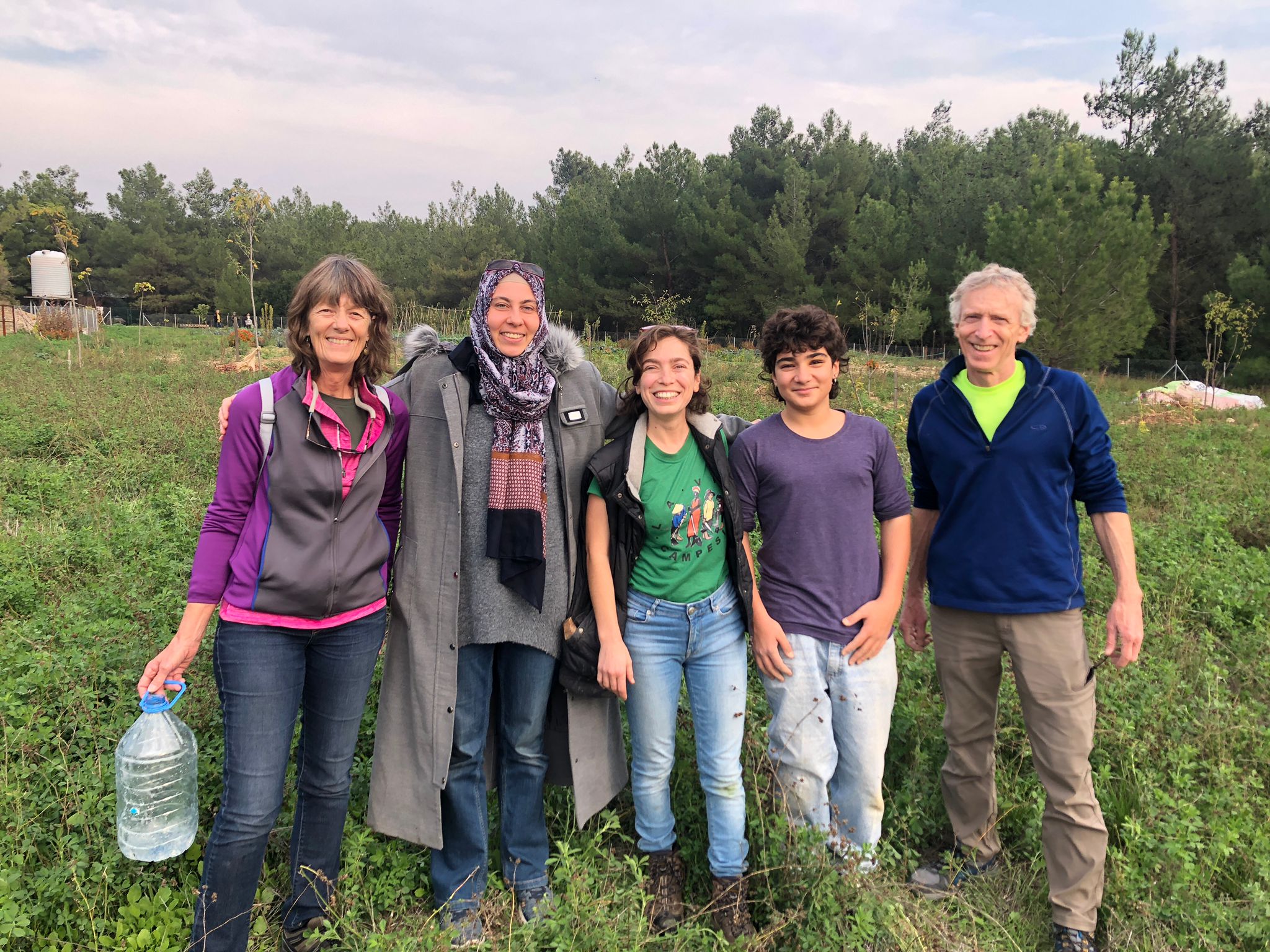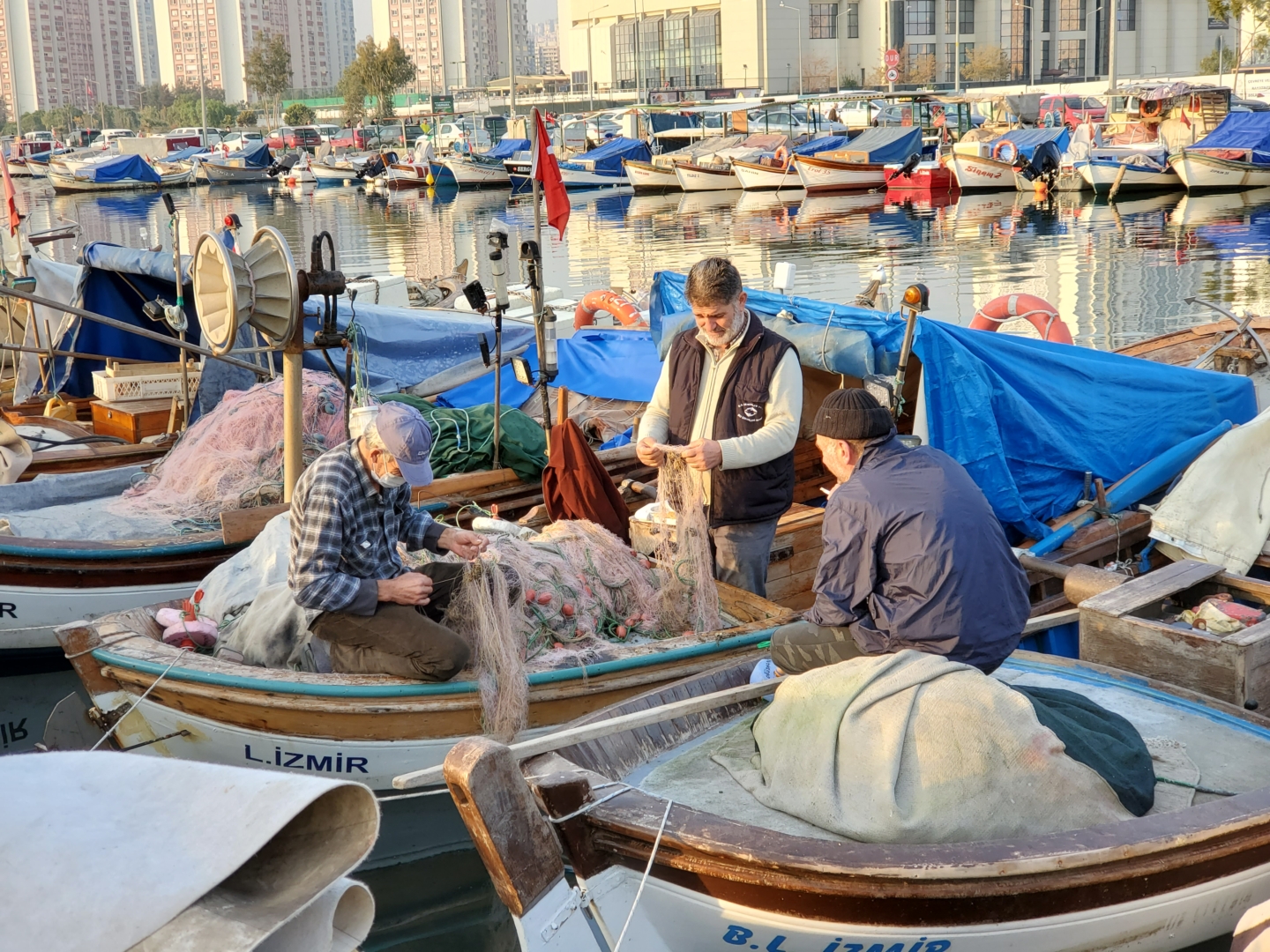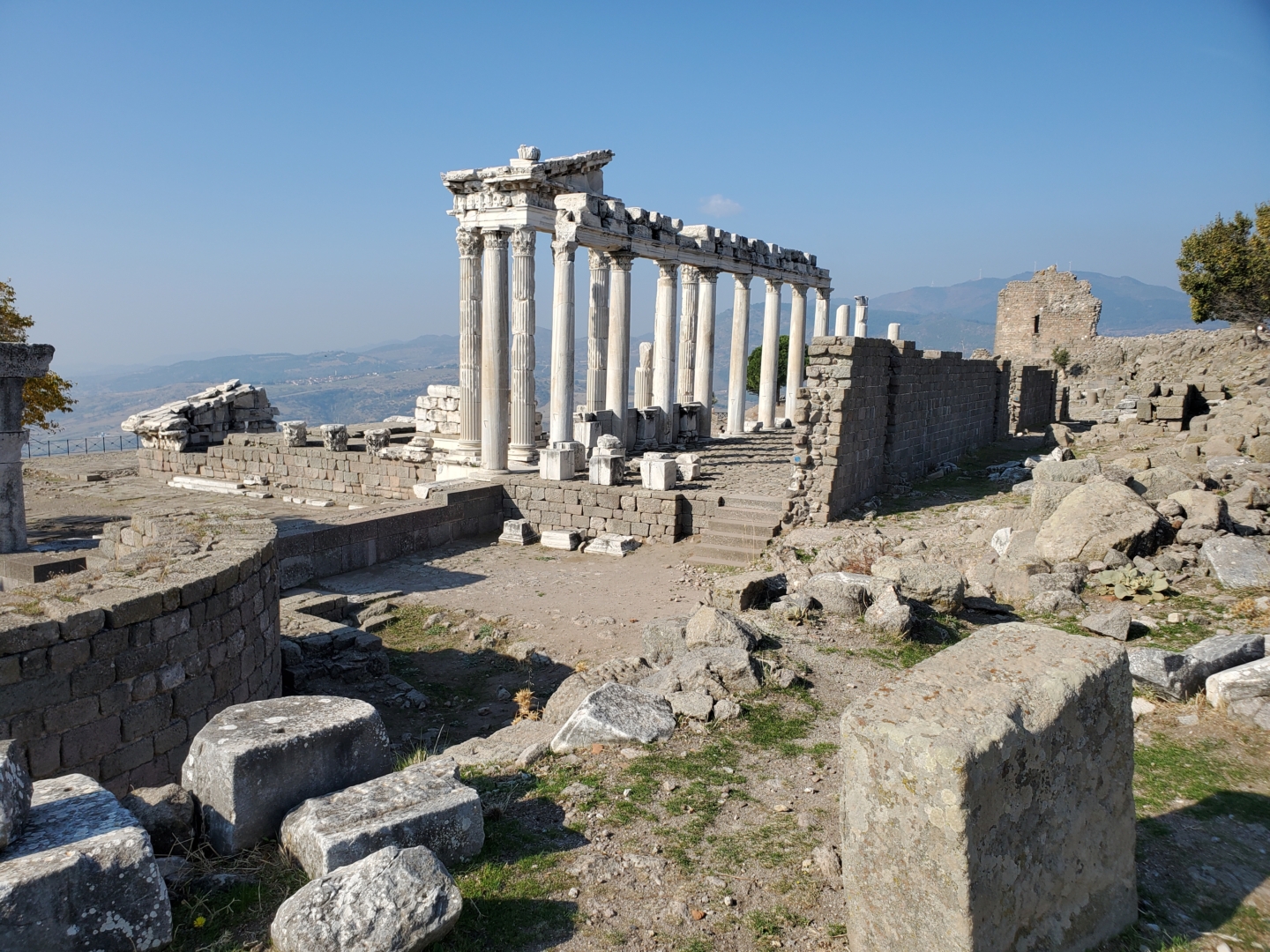Fulbright Experience Helps Agriculture Faculty Deepen Roots Across the World

When Lee Altier, faculty in the College of Agriculture, was honored with a Fulbright US Scholar Program award, the idea of traveling to Izmir, Turkey, as a visiting professor at Ege University’s agriculture faculty was strategic.
The region resembles the North State in many ways. Ege University is a major agricultural institution where its faculty focuses on sustainable farming practices, and, like Chico State, it has a large farm where students can participate in hands-on experiential learning.
“The similar Mediterranean climate, crops, and challenges with drought, heat, erosion, and food security issues offered the opportunity to explore strategies for addressing our shared food security issues,” he said.
During the fall 2021 semester, Altier examined how farmers in the large and fertile region address the agricultural challenges of water scarcity, protecting soil quality, and food security—conditions he is closely tied to through his work as director of the Organic Vegetable Project at the University Farm.
Altier said that growing enough food and vegetables to meet a population’s dietary needs—whether in the North State, our country, or another country—is an escalating global concern. Sharing information will only help and that can go beyond the industry of agriculture.
“You see the US and the world from other peoples’ perspectives and you understand that we live on a small, tightly interconnected planet with limited resources,” he said. Within the exploration of these similar challenges, Altier found common ground to build meaningful connections that go far beyond strategy.

Traveling with his wife, Altier said his colleagues at the university made tremendous efforts to ensure that they were getting acclimated to Izmir—one colleague acquired tickets almost weekly for local music events—and the students were just as accommodating.
“When students found out I liked to ride a bicycle, they made a search for me to borrow, buy, or rent one,” he said.
The diverse array of local Mediterranean foods awed Altier. His apartment was along a street with little shops and only a few blocks from a popular farmers market. He found the owner of his favorite bread shop, Arslan, was often outside chatting up customers. If the bread proprietor caught a glimpse of Altier and his wife, he would joyfully call their names loud enough for those roaming the block to hear.
“He had good whole wheat bread—a rarity in Turkey—and we particularly enjoyed the lavash, a flatbread that made a great complement to lentil soup, olives, and feta cheese,” he said.
Another favorite stop of Altier’s was a coffee shop where he and his wife would stock up on their week’s supply.
“Enes, the manager, took the time to describe the flavors of his coffee varieties and then blend and grind the beans for us,” he said. “Then, we would sit down for a cup of strong, silty Turkish coffee.”

With all of the food exploration, collaboration, and camaraderie he experienced, Altier said his fondest memories are the interactions with his students.
“I arranged several field trips with them, including a couple of trips to a local community farm,” he said. “They were always happy to do activities outside the classroom, like texturing soil, looking at cover crops, and investigating legume root nodules.”
Besides a wealth of photographs and new ideas about resource management strategies, the most important benefit Altier returned with as an educator was a greater sensitivity to the diversity of his students.
“In Turkey, my students were from Asia, Africa, and Europe, each one with different experiences, perspectives, and stories. In class, I encouraged them to connect the subjects of food security and climate change to their own experiences and share that in our discussions,” he said. “Coming back to Chico, I plan to promote more connection of course subject matter with students’ personal experiences.”
Altier’s interactions with colleagues on the other side of the planet—sharing ideas, sharing pedagogy, and realizing that we have many of the same academic challenges—made for endearing relationships he said he will continue to carry with him.
“Despite differences in religion, language, education, and life experiences, we share many common concerns, and can share close friendships and compassion for one another,” he said.


